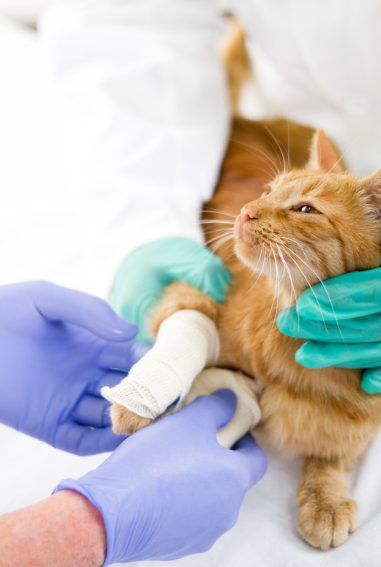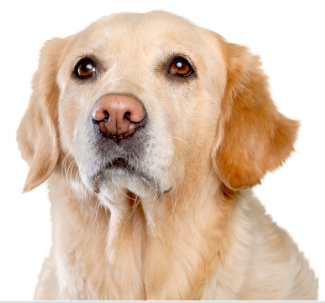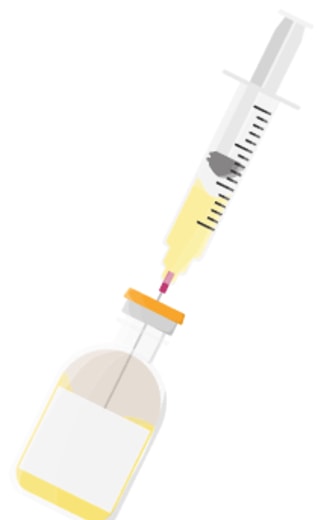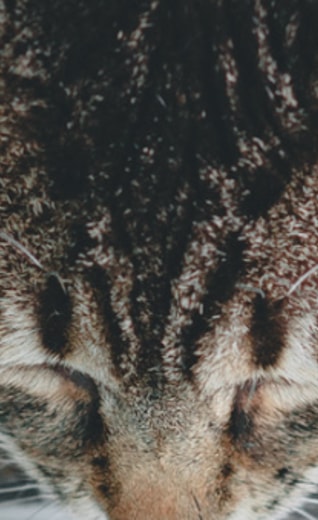
Chemotherapy
Published August 14, 2023Why is chemotherapy dangerous?
Most cancer chemotherapy targets rapidly dividing cells in the body - a characteristic typical of cancer cells. Treatments used in pets are generally less intense than those used in human medicine. Still, pets will excrete potentially harmful drugs in their body fluids (such as urine, feces, vomit, and saliva) and care must be used to minimize your potential exposure to these substances.

Recommendations for keeping you and your family safe:
First 48 hours after your pet has been discharged following a chemotherapy treatment:
•Keep children and other pets away from the pet that has received his or her chemotherapy treatment.
•Wash food bowls and toys separately from other household items, using water and dish washing or laundry detergent (if the items are washed in the laundry machine).
•Wash bedding separately from other laundry using laundry detergent and bleach if fecal-soiled. Repeat an empty washing cycle before using the machine for your usual laundry items.
Use latex gloves when cleaning up urine, feces, or other body fluids:
•The thicker the glove, the better. You may also double glove(use one pair of gloves on top of another). Nitrile gloves may also be used, but latex is preferred when possible.
•Dispose of gloves in the trash; trash should be double-bagged. Always wash hands after removing and disposing used gloves.
Clean up feces, urine, and/or vomit (wearing gloves), and dispose properly:
•Solid/semi-solid waste (feces/vomit) and small amounts of absorbent material (such as toilet paper
or paper towels with urine) may be flushed down the toilet.
•Larger amounts of waste should be disposed of in your regular trash. Double bag the trash bags.
•Encourage dogs to urinate on grass, in an area away from where other pets normally eliminate.
Having your pet urinate on grass rather than concrete (or other solid surface) will eliminate the need
to hose the area down. Using a hose increases the possibility of contaminated fluids splashing on
people in the vicinity.
•If there is an “accident” in the house (such as urinating or vomiting), try to contain and absorb
the fluid by blotting with paper towels (that can then be double-bagged and thrown away).
After cleaning the area, disinfect it with household bleach (1 part bleach to 10 parts water).
Monitoring
The injection may cause some side effects:
- Localised loss of the skin and surrounding area where the drug was injected. Please monitor this area closely over the next few days.
- Gastrointestinal signs - please monitor for lethargy, not eating, vomiting and diarrhoea.
Please contact us if you have any concerns.

Special Conditions:
For the following people, it is preferable NOT to handle animals or their body fluids for 72 hours after the pet’s chemotherapy treatment:
- Pregnant women
- Those trying to become pregnant (both men & women)
- Breastfeeding mothers
- Immunosuppressed people (such as very ill people or those with immune disorders)
- People taking immunosuppressive medications (such as people receiving treatment for cancer or an immune disorder)
Other points to consider:
Some chemotherapy drugs remain in body fluids longer than 48 to 72 hours.
Some pets may eat faeces of other animals. Housemates of pets undergoing chemotherapy should be monitored for this behavior and steps should be taken to minimize opportunity (e.g. place cat litter box on raised surface out of dog’s reach).
Related Blogs




